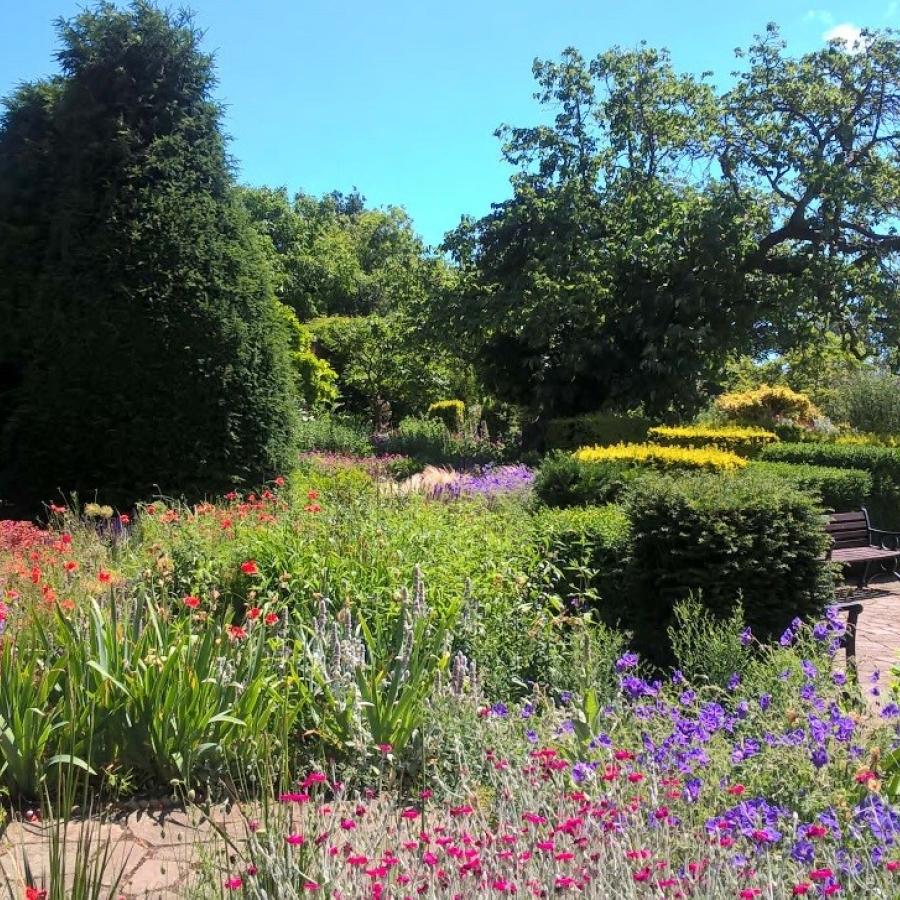Brockwell Park in Lambeth is a large and lovely park set within a hilly landscape, and containing a network of ponds, trees (including ancient oaks), a walled ‘Old English’ flower garden and wide, open fields.
It was originally the private residence of John Blades, a famous London glass merchant. It was acquired by the Metropolitan Board of Works in the late 19th Century, and was then made into a public park, opened in 1892. It is also a Site of Importance for Nature Conservation (SINC).
A classic Victorian park, as it were. In 1842, Edwin Chadwick had published his report, Sanitary Conditions of the Labouring Poor, which detailed very deprived shocking living conditions and prompted government to take an interest in public health issues, and in the public good. There has been 150 years of provision of free and green open spaces:
“The measure of any great civilization is its cities and a measure of a city’s greatness is to be found in the quality of its public spaces, its parks and squares.”
— John Ruskin
Some argue that there was an element of social control, as well as altruism, in the evolution of the Victorian ideal of the public park. They could promote morality and health, and provide a healthy alternative to drinking and gambling.
Recently, however, the advent of music festivals has sparked a debate about who has access to public parks, and who can be excluded, and for how long. In May 2025 a festival was planned in Brockwell, and a high metal fence has been erected, fencing off a temporary festival area. A group called Protect Brockwell Park won a court victory in May 2025 against Lambeth council for granting festival organisers use of the park. But this was on a point of law, and the events can go ahead.
Obviously a large number of people attending a musical festival could do environmental damage. Festivals are charged for, and there is perhaps the question of how much raised is invested in the park itself; some festivals are owned by big companies, and are not local celebrations. One such company is called “Mighty Hoopla”. This is owned by KKR, a US investment firm which has many millions in assets, and some of its ties have proved controversial. For the 1925 festival, independent photographers will not be allowed and no complimentary passes will be issued; only those with a photo pass will be admitted.
Generators are needed for lights. HGVs bring in the festival infrastructure. How much noise is too much?
There is also debate about Radio One taking over Sefton Park in Liverpool for a festival this summer. Many Oasis fans will travel to Heaton Park in Manchester in July for five nights.
Is this exploiting public space for private profit? What are the counter arguments? It is lovely to see people enjoying themselves; no-one wants to be a sour “Nimby”. Only a section of the park will be turned over to the festival. There will be much trade for food suppliers, other businesses etc.
Lambeth Council issued a statement about this controversy on Friday 23rd May 2025. As it says, the balance can be a” challenging one to strike.”
https://www.brixtonbuzz.com/2025/05/lambeth-council-issue-a-statement-about-the-brockwell-parl-events/
https://www.theguardian.com/culture/2025/may/24/brockwell-park-row-raises-age-old-questions-about-rights-to-public-space-music-festivals
https://mightyhoopla.com/

